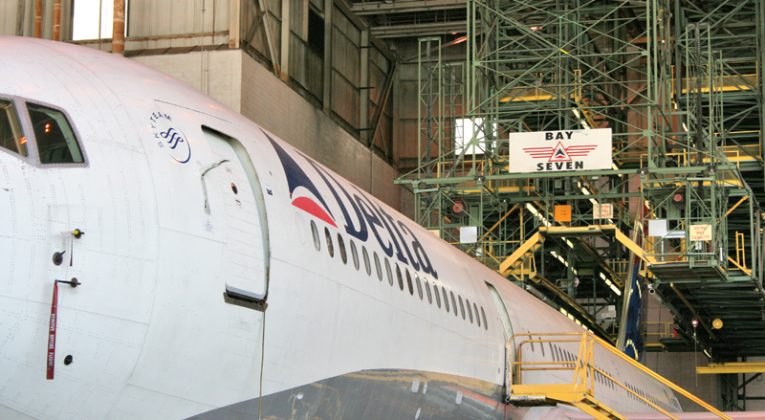“In theory, I would choose to fly in a newer plane over an older one. It’s the obvious choice. By extension, it would seem to follow that I’d favor an airline with the younger aircraft fleet over the airline with older planes. For the same reason”, according to this article written earlier today by Tim Winship. “In reality, I’ve never bothered to check and compare the average fleet ages of airlines and factored that data into my booking decisions. Price, convenience, frequent-flyer miles: Those items influence my choice of airline. Average aircraft age? Not so much.”
Unless it was obvious, I am not sure that the average airline passenger would know as to whether or not he or she is aboard an older or newer aircraft — nor am I sure that he or she would really care. Tim Winship is correct when factors such as price, convenience, and frequent flier loyalty programs are what people use to decide from which airline he or she should purchase a ticket — as they should be…
Editorial: Why I Do Not Care Which Airline Has the Youngest Fleet
…but more important to me than the age of the fleet of airplanes of an airline is its technical operations department. According to the aforementioned article, Delta Air Lines purportedly has the oldest fleet of airplanes of the four largest airlines based in the United States.

I have taken a tour of the Technical Operations Center at the world headquarters of Delta Air Lines multiple times. Their standards are strict and rigorous enough to put my mind at ease about the precautions they take in the name of safety; and their facility is world-class, in my opinion. Moreover, it is world renowned in that it services and repairs the aircraft of other airlines and the United States federal government in addition to the ones owned by Delta Air Lines.
I will trust flying as a passenger on any airplane flown and operated by Delta Air Lines — regardless of the age of aircraft…
…and Delta Air Lines has done a reasonably good job of refreshing the interiors of those older aircraft to the point where you would not know whether the airplane was old or knew — unless you were knowledgeable about airplanes, of course.
Inside Take
Who would not want to fly as a passenger in a newer airplane — especially when it uses technology which may not be found in older airplanes?
One parallel which one might justify is owning a new car versus owning an older car. A new car is almost guaranteed to be operationally functional and contain some of the latest in technology and comfort; whereas you never know when a component of an older car may lead to a costly repair…
…but then again, few people have their own mechanics working full time to ensure that their cars are in peak operation — no matter the age. Delta Air Lines has figured out how to keep their older airplanes in good to excellent condition — and without “breaking the bank”, so to speak. The airline also contracts out its services and profits from keeping their technical operations from becoming idle — which can be considered a very smart business move.
Rather than a chart or graphic comparing the fleet age of airplanes of airlines, I would be more interested in some sort of comparison of the technical operations of airlines to gauge safety and comfort.
New cars may matter for various reasons to individual owners; but new airplanes — not so much with airlines.
An airplane undergoes maintenance in Bay Seven of this hangar at the Technical Operations Center of Delta Air Lines in Atlanta. All photographs ©2009 by Brian Cohen.





